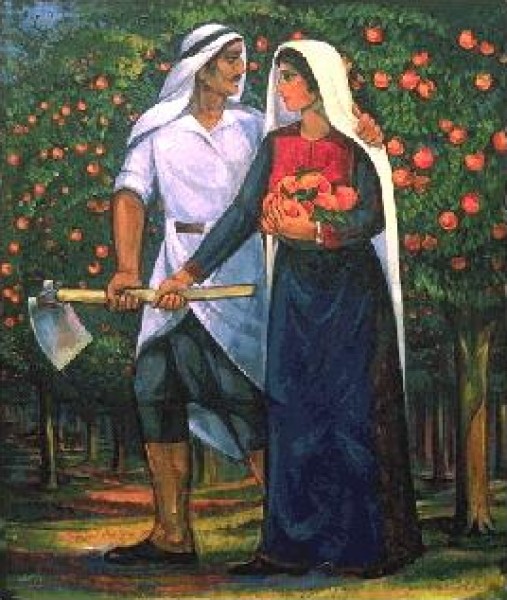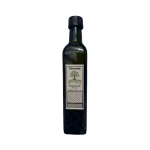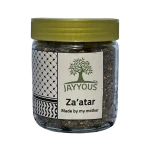Story of Jafra

The story of “Jafra” is like many other stories that occurred with the sons of Palestinian villages. The poet Ahmed Aziz Al-Hassan was a young man, handsome, and possessed a beautiful voice. He fell in love with his cousin’s daughter, Rafiqa Naif Al-Hassan, who was her parents’ only child, and they agreed to marry her. As is customary in Palestine, a week after the wedding, the bride visits her parents in what is known as “Raddat al-Ijar.” That evening, the bride’s mother asked her to stay at her parents’ house, and Ahmed Aziz agreed to take her back the next day. However, on the second day, her mother refused to let her return with the groom, insisting she stay the night. Understanding the mother’s love for her only daughter, the groom agreed. But on the third day, when he returned to take her, the mother again refused, leading to a confrontation that resulted in the groom being injured. Village elders intervened to resolve the dispute, but the bride’s mother directed inappropriate words at them, leading them to compel Ahmed Aziz to divorce her.
Nevertheless, Ahmed Aziz continued to love Rafiqa and expressed his love for her through poetry and verses, choosing the name “Jafra” instead of her real name to avoid the family knowing he still loved her. However, the villagers understood that his words referred to Rafiqa, the one he loved.
Ahmed Aziz composed his first book titled “Jafra,” which contained folk songs and romantic poems. These songs became popular at Palestinian weddings and in villages across Palestine, especially in the north. “Jafra” songs were sung by both men and women at weddings, and poets competed with Ahmed Aziz in singing until dawn.
After the Nakba (the Palestinian exodus in 1948), Ahmed Aziz began singing for the land and the homeland, remembering the forefathers in the Palestinian territories. He sang for the revolution and the heroes’ bravery, and he authored a second book that was sold in Palestinian cities. Ahmed Aziz Al-Hassan, known as “Raei al-Jafra” (the Shepherd of Jafra), became a popular folk poet, and his book sold in all Palestinian cities and neighboring Arab countries such as Lebanon, Syria, and Jordan.




